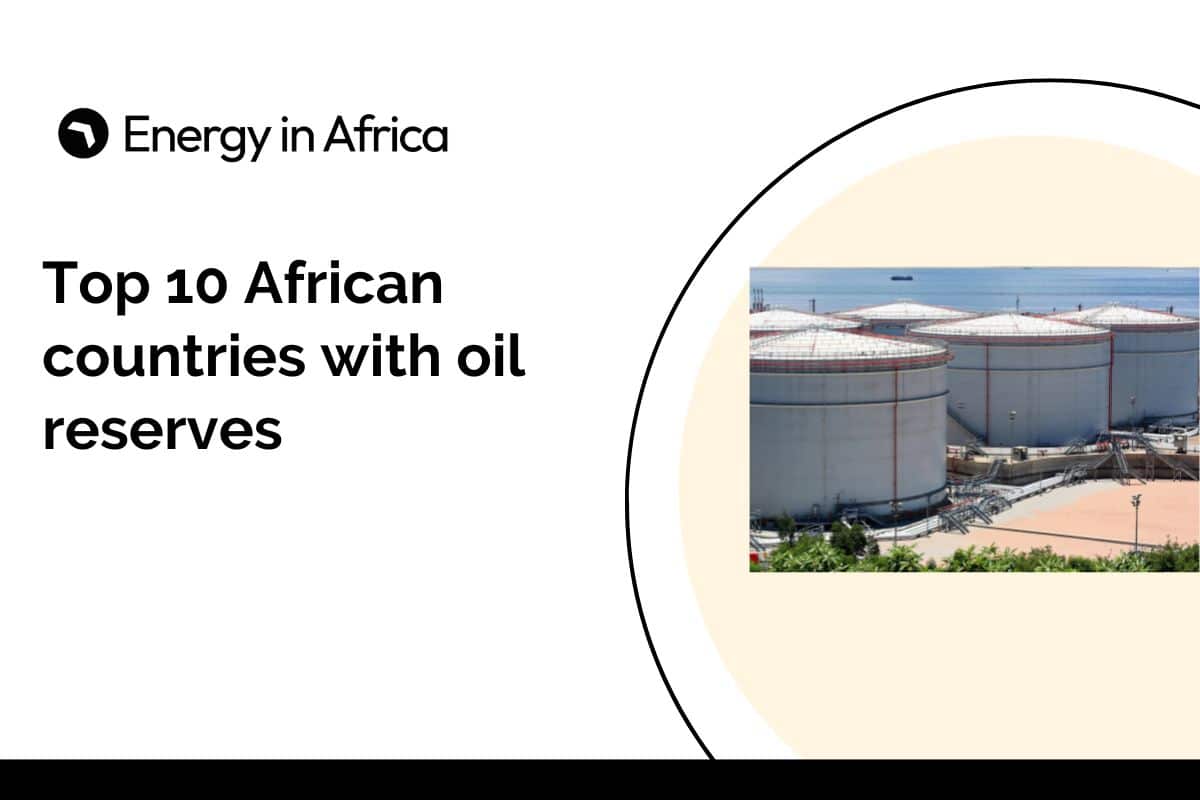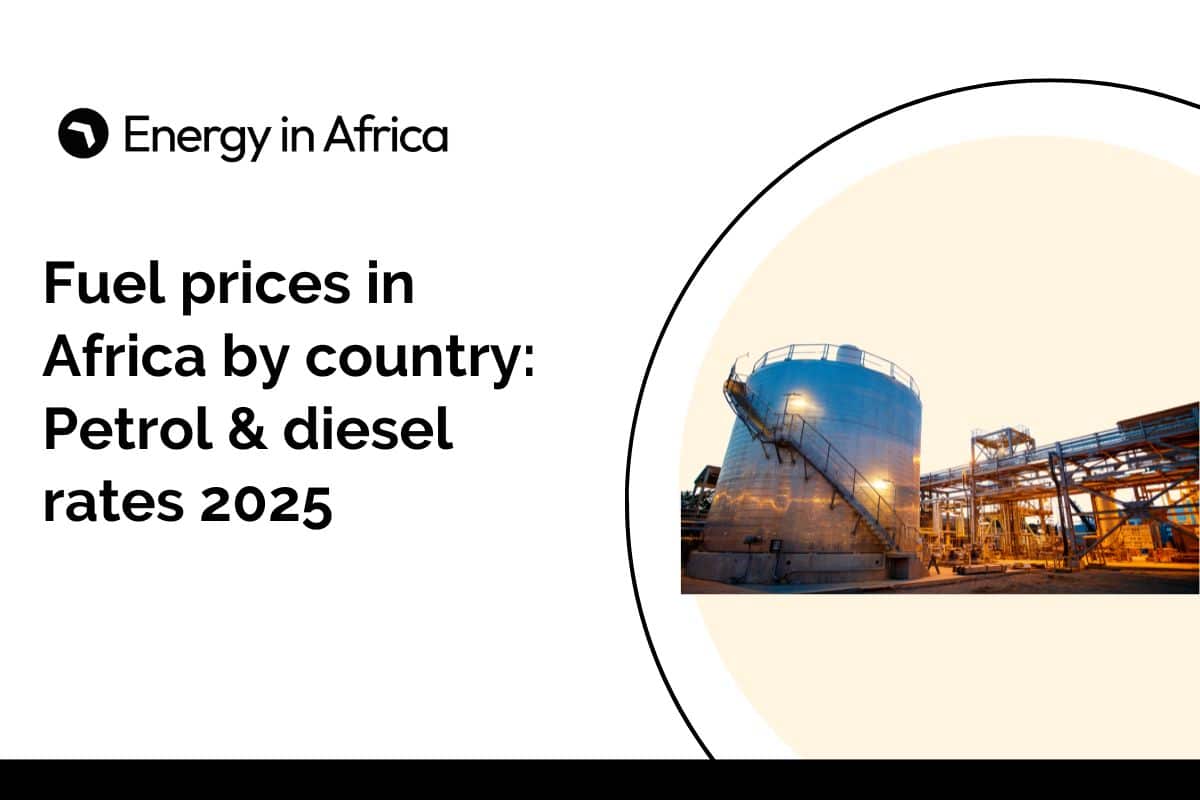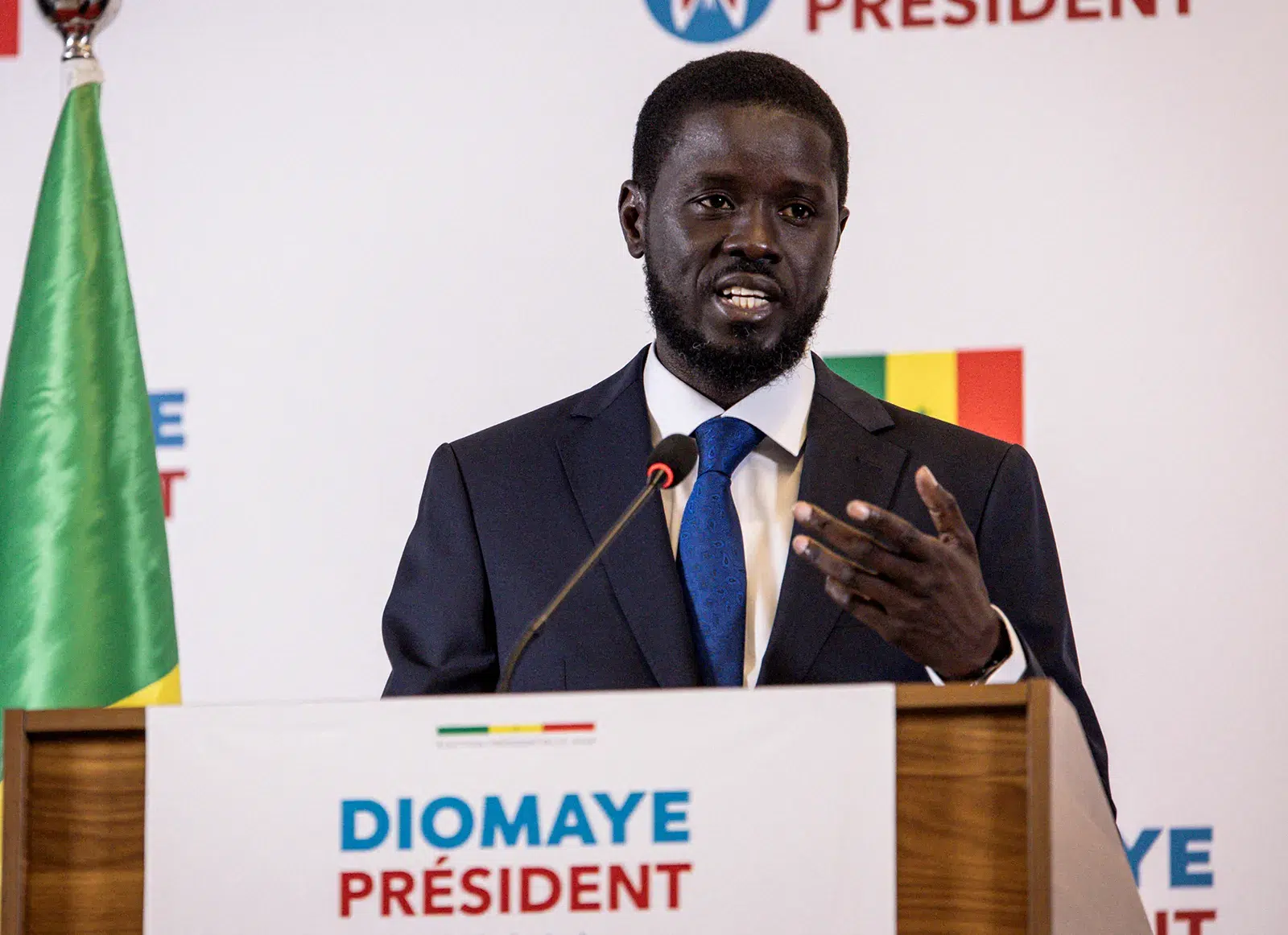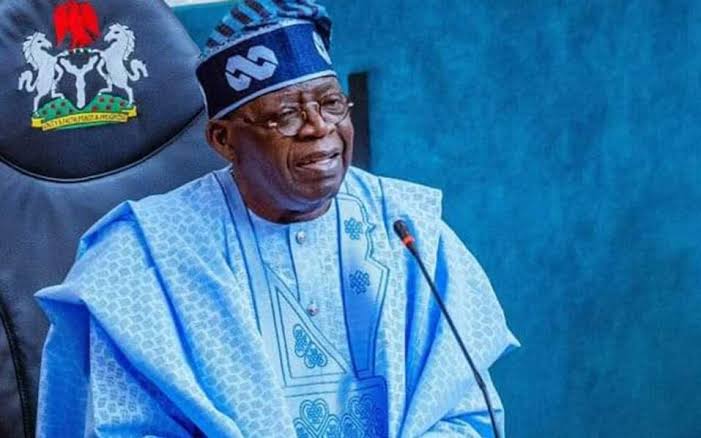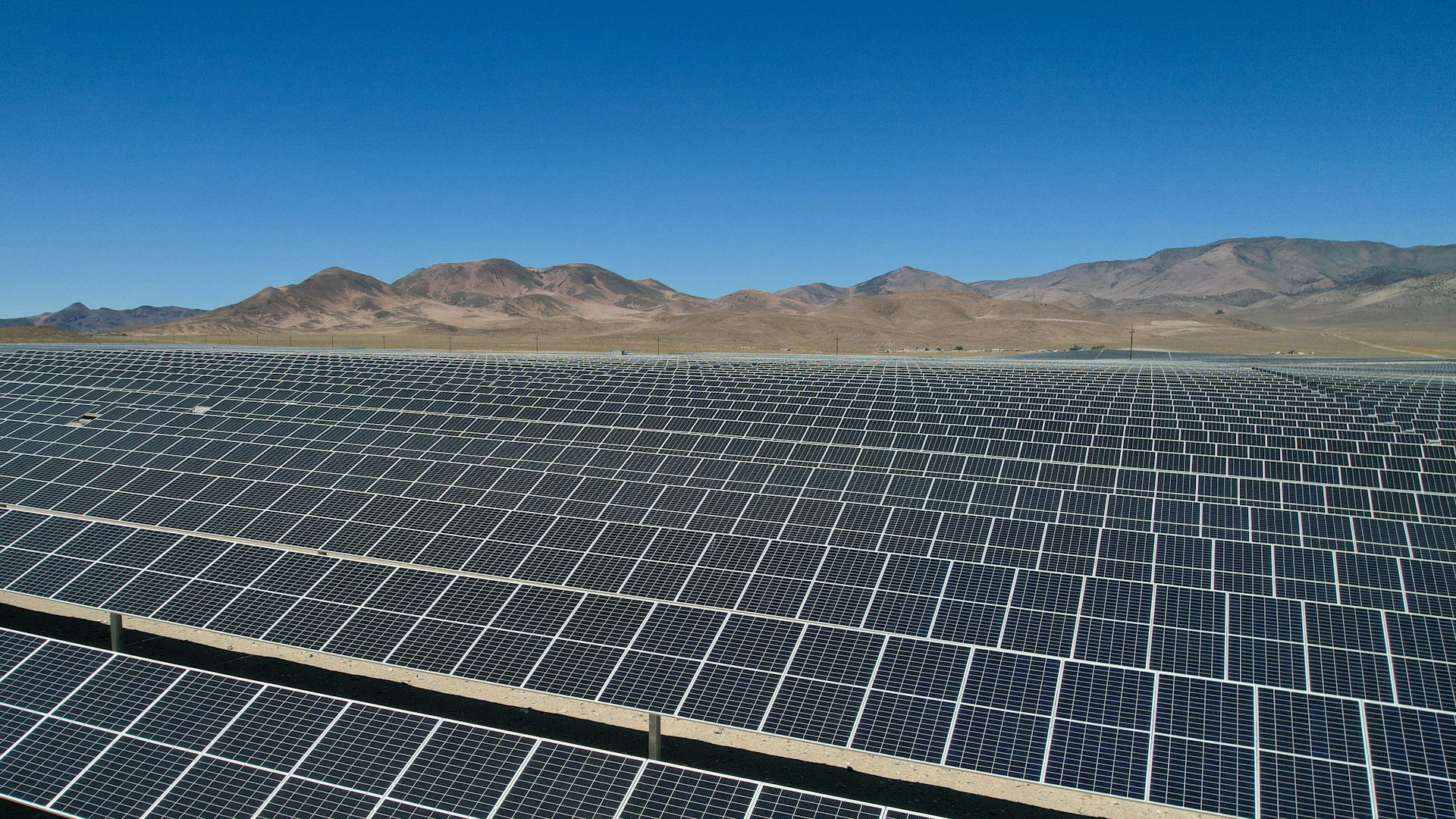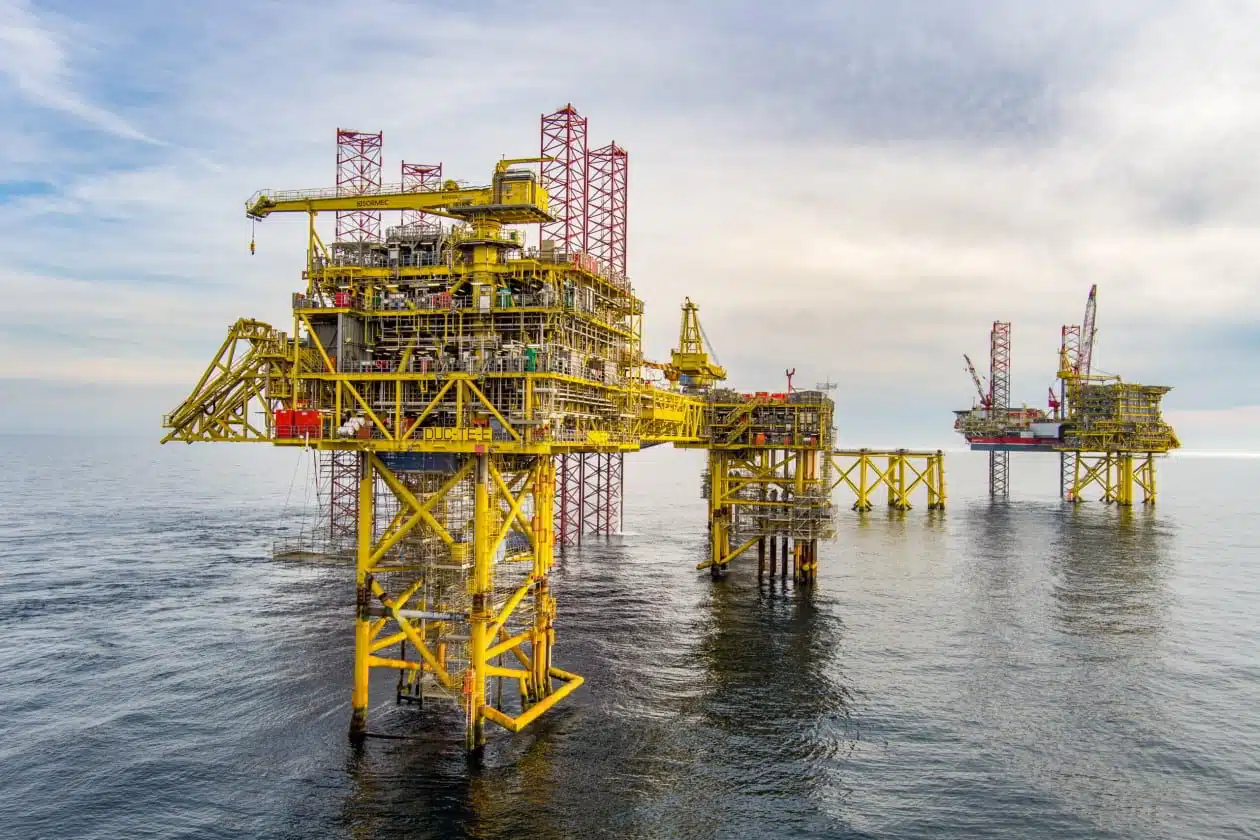Africa is home to some of the world’s largest proven oil reserves, making the continent a key player in global energy markets.
While production levels vary due to political, economic, and infrastructural factors, proven reserves indicate long-term energy potential and investment opportunities.
In 2025, North and West Africa continue to dominate the rankings, with countries like Libya, Nigeria, and Algeria leading.
Key takeaways
- Libya leads Africa with over 48 billion barrels of proven oil reserves.
- North Africa dominates the list, with three of the top five reserve holders.
- Reserves remain vital assets, shaping both national economies and global energy strategies.
Top African countries by oil reserves for 2025
This list is courtesy of Global Firepower (GFP) ranking on the Proven Oil Reserves by Country for 2025.
GFP is a website that provides an annual ranking of the world’s modern military powers, based on over 60 factors, including manpower, air, land, and naval power, as well as financials, geography, and logistics.
- Libya: ~48.36 billion barrels
- Nigeria: ~36.89 billion barrels
- Algeria: ~12.20 billion barrels
- Angola: ~7.78 billion barrels
- South Sudan: ~3.75 billion barrels
- Egypt: ~3.30 billion barrels
- Republic of the Congo: ~2.90 billion barrels
- Uganda: ~2.50 billion barrels
- Gabon: ~2.00 billion barrels
- Chad: ~1.50 billion barrels
More North African countries lead
North Africa is the region with the largest proven oil reserves in Africa.
Countries such as Libya, Algeria, and Egypt not only top the continent’s rankings but also hold significant positions globally.
In the wake of February 2025, Energy in Africa reported that British Petroleum (BP) discovered oil and natural gas reserves in the King Mariout offshore block in Egypt’s northern Mediterranean.
Egyptian Prime Minister Mostafa Madbouly announced the discovery during a weekly press conference.
This prominence results from a combination of geological advantages, historical exploration, strategic infrastructure, and favorable economic policies.
Geological richness and early exploration
North Africa’s geological formations are among the most oil-rich on the continent. Libya, for instance, boasts the largest proven oil reserves in Africa, estimated at approximately 48.36 billion barrels, placing it 9th globally. Algeria follows with about 12.2 billion barrels, and Egypt holds around 3.3 billion barrels.
These substantial reserves are the result of extensive exploration efforts dating back to the mid-20th century, which have led to the development of significant oil fields in these nations.
Strategic export infrastructure
The region’s oil infrastructure is well-developed, facilitating efficient extraction and export.
Libya, Algeria, and Egypt have established pipelines, ports, and refineries that connect their oil fields to international markets, particularly in Europe.
This infrastructure not only supports high production levels but also ensures that these countries can efficiently monetize their reserves, maintaining a steady presence in global energy supply chains.
Economic significance
Oil exports are central to the economies of these North African nations.
In Algeria, hydrocarbons account for approximately 60% of the government’s revenue, underscoring the sector’s importance to national economic stability. Similarly, Libya’s oil sector is vital to its economy, despite challenges such as political instability.
The revenue generated from oil exports enables these countries to fund infrastructure projects, social programs, and other critical national initiatives.
Favorable domestic policies
Government policies in these countries often support the oil sector through subsidies and investments in infrastructure.
For example, Libya began implementing a crude oil swap agreement in late 2021, which involved bartering crude oil for refined fuels.
This has substantially increased fuel imports to compensate for budget shortfalls, though this practice is linked to exaggerated claims of demand by distribution companies.
These policies not only ease the cost of living but also stimulate domestic demand and consumption.
What does the news mean for the African economy?
Africa’s oil reserves are critical assets that shape the continent’s economic stability and strategic influence.
Countries with large reserves rely heavily on oil revenues to fund government budgets, infrastructure projects, and social programs.
For many nations, oil exports account for a substantial portion of their GDP, making these reserves central to their national development strategies.
On a regional level, these reserves influence trade balances and investment flows. Large reserves attract foreign direct investment (FDI) in upstream exploration, refining, and pipeline projects.
Countries like Angola and Egypt have leveraged their reserves to develop associated industries, including petrochemicals and refining, creating jobs and diversifying their economies beyond raw oil exports.
Energy In Africa reports that over the last 7 years, Angola has introduced several reforms aimed at addressing declining oil output and boosting investor confidence.
Firstly, and most importantly, the concessionaire rights have been transferred from the state-owned oil company Sonangol to the National Agency for Oil and Gas (ANPG).
ANPG was established in February 2019 through Presidential Decree No. 49/19 to enhance regulatory oversight and improve operational efficiency.
Secondly, the government has introduced various fiscal and regulatory measures to attract investment, particularly in marginal fields like the Kwanza basin, where local players are keen.
The control and management of these reserves grant African countries geopolitical leverage, as fluctuations in production or policy changes can impact international oil prices and energy supply.
Ultimately, proven oil reserves serve as a long-term economic buffer.
Even during periods of volatile global oil prices, countries with substantial reserves can attract investment, negotiate favorable trade deals, and plan national budgets with a degree of certainty.
For emerging producers like Uganda and the Ivory Coast, these reserves represent future opportunities that could shift regional dynamics in the coming decades.
ICYMI: More on African nations’ oil reserves
How do Africa’s oil reserves impact national economies?
Proven oil reserves are a significant source of government revenue, foreign investment, and export earnings. Countries such as Nigeria, Angola, and Algeria heavily rely on oil to fund infrastructure, social programs, and public services.
Why do some countries with large reserves produce less oil?
Factors such as political instability, lack of infrastructure, underinvestment, and conflicts can limit production. For example, Libya has the largest reserves, but its output fluctuates due to political challenges.
Are Africa’s oil reserves significant on a global scale?
Yes. Libya, Nigeria, and Algeria are among the top ten countries globally in terms of proven reserves, making Africa a strategic player in global energy markets.
Which countries are likely to see growth in proven reserves soon?
Uganda, the Ivory Coast, and South Sudan are emerging players. Discoveries and ongoing exploration could increase their proven reserves, reshaping future rankings.

